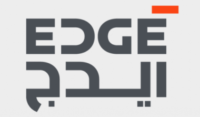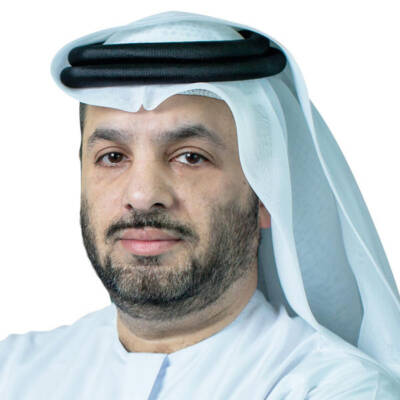
Tel Aviv. EDGE, the UAE’s advanced technology group for defence and beyond, on March 11 agreed upon a memorandum of understanding (MoU) with Israel Aerospace Industries (IAI) to develop an advanced C-UAS (Counter-Unmanned Aircraft System) solution tailored to the UAE market, with wider ranging benefits for the MENA region and beyond.
Through leveraging IAI’s proven C-UAS solutions that are applied around the world to detect, identify, classify, and intercept a broad range of threats, EDGE, a young and disruptive company that has recently launched a series of Electronic Warfare solutions at a rapid pace, is leveraging its subsidiary, SIGN4L, a leading provider of electronic warfare services and solutions for national security, to collaborate with the Israeli defence manufacturer to build the tailored C-UAS Solution.
Comprising a combination of IAI and SIGN4L products, the solution will be consist of detection and identification systems (radar and optics, RF), soft kill solutions (jamming, cyber take over) and hard kill capability (guns, missiles, electromagnetic and laser) and an advance command and control. The C-UAS is fully autonomous requiring no to limited human. A series of countermeasures, ranging from jamming to drone destruction, will be offered based on the level of threat and the customer’s targeted operating environment.
Both SIGN4L and IAI will leverage their technical capabilities to jointly develop the system in response to specific customer needs. Further support will be available via IAI’s partnership with Belgium Advanced Technology Systems, Belgium, which has a local technical and marketing presence in the region.
IAI has developed some solution to counter drones. Drone threats come in all sizes. They fly high, low, fast and slow. They can carry hostile or hazardous payloads such as surveillance cameras, weapons, explosives, hazardous chemicals or worse. Hostile drone operators can target large crowds, high profile individuals, and key infrastructure sites such as airports or chemical plants.
In military zones, small UAS can be a threat to army personnel, as well as tanks and other military vehicles or installations. An effective Counter Unmanned Aircraft System must handle all aspects of the threat, ranging from locating, tracking, verifying, identifying, classifying, and ultimately neutralizing the drone.
One solution is the Drone Guard, an operationally proven multi-sensor multi-layer C-UAS solution developed for the military and homeland security market.
Military grade and rugged for all types of environments, the Drone Guard is a modular turn-key solution that covers all aspects of counter threatening UAS. Portable, light weight and with low power consumption, the Drone Guard is user friendly and intuitive making it an ideal option for a wide range of users and agencies. The modules were developed by ELTA specifically for Drone Guard hence creating a compact solution solely focused on drone detection and protection.

Faisal Al Bannai, CEO and Managing Director, EDGE, said: “In line with the recent
Abraham Accords and the UAE’s newly established cooperation and spirit of collaboration with Israel, EDGE and IAI are joining forces to deal with this growing threat.”
He added: “Unmanned Aircraft Systems today are a preferred solution in building agility and resilience to the emerging challenges of asymmetric warfare. As EDGE invests extensively in autonomous capabilities,
our co-development of a Counter-UAS in partnership with Israel Aerospace Industries will only help strengthen our advanced technology portfolio, and partnerships in the region and internationally.”

Boaz Levy, President and CEO of IAI, said: “IAI is proud to join forces with EDGE, to provide the UAE and the wider region with a unique and advanced solution in what is a key area of expertise for IAI. We believe that this collaboration will help both companies through the transfer of knowledge and sharing of capabilities. This MoU serves as a stepping-stone for further business and strategic alliances between our countries, and will enhance cooperation for R&D and technological innovation.”
-The writer is International Roving Correspondent of the publication
-The writer is an Israel-based freelance journalist. The views expressed are of the writer and do not necessarily reflect the views of Raksha Anirveda










